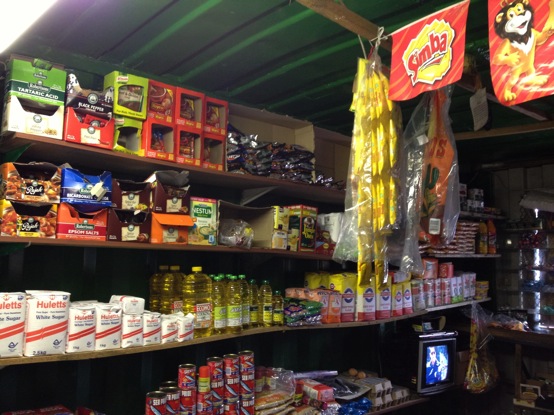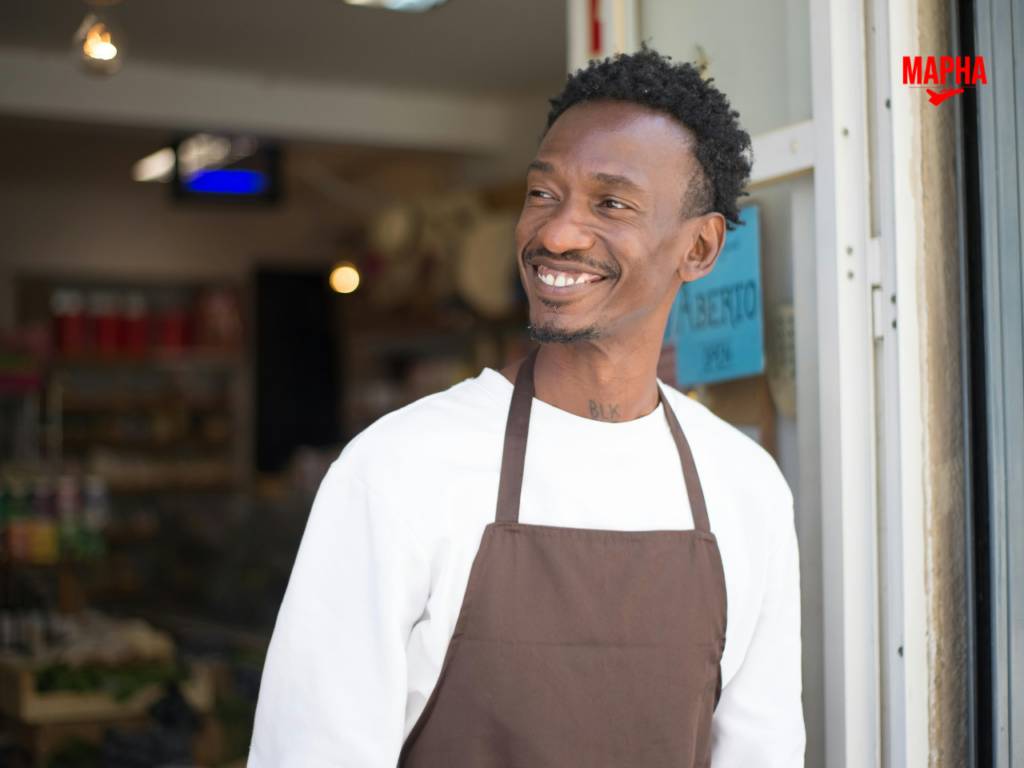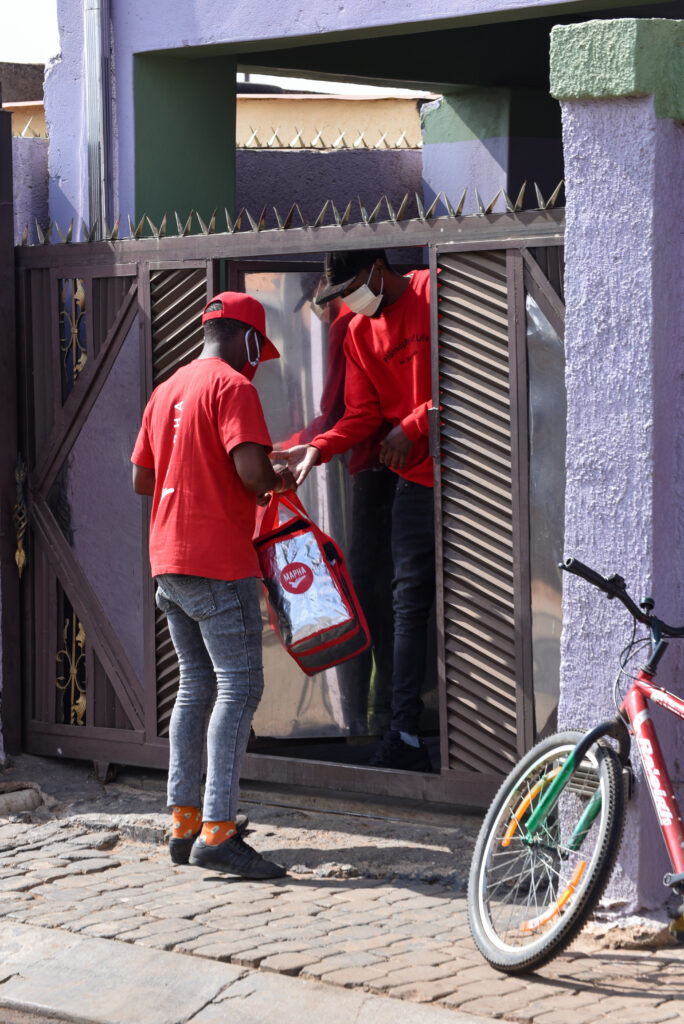Authors: Muzi Matsheke & Tshidiso Vatsha, CMO
In the bustling landscape of South Africa’s business scene, small and medium-sized enterprises (SME’s) play a vital role in driving economic growth and fostering innovation.
These businesses, often hailed as the backbone of the local economy, faced unprecedented challenges during the COVID-19 pandemic, struggling to operate under stringent restrictions aimed at curbing the virus’s spread.
The fallout was severe, with many SME’s experiencing significant losses due to their inability to function efficiently.
Recognizing the crucial role of SME’s in job creation and economic stability, the South African government has introduced various programs to support their growth and sustainability.
Initiatives like the Small Enterprise Finance Agency aim to provide much-needed funding across different sectors. Despite these efforts, many SME’s continue to grapple with significant obstacles, particularly in reaching customers efficiently and cost-effectively.
This struggle to penetrate the market often jeopardizes their competitiveness and profitability.
This week we delve into 3 challenges faced by local SME’s—limited market reach and escalating operational expenses being the two sore thumbs that stand out. We then discuss 5 opportunities that are ripe for harvesting. Finally, we conclude by presenting an emerging solution that presents itself as a glowing ember within the last-mile delivery sector.
The Case of Sekulula Spaza Express: Last Mile Delivery in Low-Income Communities
The Sekulula Spaza Express experiment, funded by PepsiCo, aimed to develop a business model for delivering goods to informal traders in Khayelitsha and Nyanga in Cape Town. This 12-week study provided valuable insights into the last-mile delivery services in low-income communities and identified key challenges faced by local spaza shops, such as:
- Inefficient delivery systems, often requiring owners to close their shops temporarily to make deliveries.
- Legacy systems such as pen and paper stock-taking alongside limited stock management processes.
- High delivery costs due to the use of personal vehicles, resulting in unreasonable expenses for fuel and hired drivers.
The study concluded that there is a significant market gap for efficient delivery systems that minimize operational costs. It also highlighted the need for improved ordering systems and better financial management.
5 Opportunities For ‘The Little Guy’
- Increased Market Access
Consider a local Kota joint limited to foot traffic from nearby residents. Without last-mile delivery, its market reach is severely restricted. However, by utilizing last-mile delivery services, such a business can extend its reach significantly, tapping into a broader customer base.
This expanded access not only increases market reach but also boosts revenue.
- Improved Competitiveness
Success in business often hinges on learning from those who have navigated similar paths. Last-mile delivery services foster collaboration, allowing small businesses to glean insights from others in their sector.
By participating in these services, SMEs gain access to valuable recommendations and strategies for improving their operations and staying competitive. Talk about having an unfair advantage over your competitors.
- Technology Transfer
In today’s digital age, technology is the linchpin of business operations. Unfortunately, many small businesses lack full access to technological resources, hindering their efficiency.
Last-mile delivery services provide these SMEs with the tools to manage invoicing, streamline order management, and enhance overall operational efficiency. This technological boost is crucial for staying relevant in a competitive market.
- Data-Driven Decisions
The integration of technology brings the significant advantage of data-informed decision-making. Unlike traditional methods, technology allows SMEs to gather and analyze consumer sentiment regarding their products and services.
Access to such data helps businesses understand customer preferences, enabling them to allocate resources effectively and improve customer relations. Last-mile delivery services often come with free robust customer relationship management features that benefit SMEs immensely.
- Meeting Evolving Customer Expectations
In the era of e-commerce and on-demand services, customer expectations have shifted dramatically. Today’s consumers demand convenience, transparency, and speed in their delivery experiences.
For SMEs, meeting these expectations is challenging without the right infrastructure. By partnering with advanced last-mile delivery providers, SMEs can exceed customer expectations through services like same-day delivery and personalized delivery preferences.
This not only enhances customer satisfaction but also encourages repeat business and positive word-of-mouth.
Conclusion
How Mapha is Addressing These Challenges
Mapha, a pioneering last-mile delivery service, offers solutions to these bottlenecks. By providing access to a diverse customer base, Mapha helps small businesses expand their market reach.
Additionally, it streamlines ordering processes by offering a one-stop shop for various items, from food to home essentials. Mapha’s unique technology platform enables SMEs to access crucial data, helping them identify areas for improvement and reduce operational costs.
In essence, last-mile delivery services are not merely about transporting goods—they play a pivotal role in addressing many challenges faced by small businesses in South Africa.
For SMEs selling goods, embracing last-mile delivery could be a game-changer, enhancing their competitiveness and ensuring long-term success in a rapidly evolving market.




